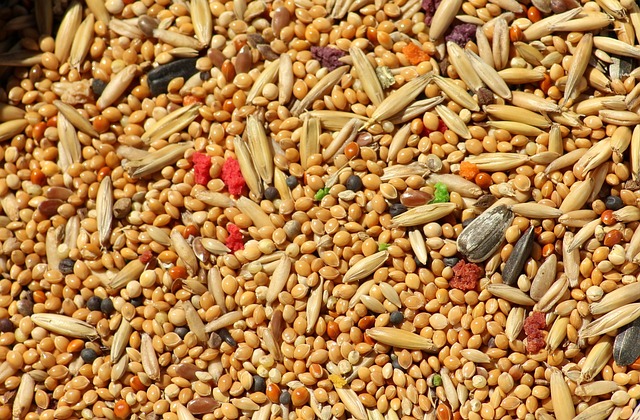Nutrition and Mental health is very closely related to each other. A person’s life is more stable when they have good mental health. Good mental health promotes social awareness and subliminal living.
Every human being’s mental condition represents his or her capacity to manage everyday challenges, including work-related productivity and social contributions to the community.
At every stage of life, mental wellness is important. Since each stage of life gives birth to the next, eating a healthy, balanced diet is necessary for all stages of life. poverty, illiteracy, social imbalance are some reasons in India ,which affects on Nutrition and mental health of society. proper nutrition lead to rise of healthy individual. In this sense, it helps a certain civilization or country grow economically.
Challenges for mental Health
There are number of challenges for good Nutrition and Mental health. numbers of factors affect on it. here are 5 main challenges are mentioned below.
Social-economic changes
The connection between Nutrition and mental health—that is, the state of the mind—is closely clarified through a few shared, interconnected concepts.
The food consumption of a community is influenced by its social status. Addictions, distorted body image, and eating disorders are a few signs of the social and economic integration that has broken down as a result of the globalization of free market society.
Food insecurity
Food insecurity leads to uncertainty, which in turn causes stress, anxiety, melancholy, and anxiety.
One of the main causes of the global disease burden is mental health. People who suffer from disorders such as depression or anxiety may not be getting enough micronutrients in their diet, which is harmful to mental health.
Consumption of more processed food
Our diet’s modification during the same period of time may have contributed to our depression throughout that year. The original whole foods were replaced by more nutrient-less, processed foods in this newly created diet.
Nutrition and stress
Stress, both acute and chronic, has an influence on mental health. Persistent stress can have a variety of effects on how the body uses nutrition and calories. It increases the body’s requirement for metabolism as well as the amount of nutrients it uses and excretes. Inadequate consumption of a nutrient-rich diet can lead to deficiencies. Additionally, stress sets off a series of actions that might severely impact eating patterns and result in additional health issues.
Nutrition in pregnancy
Pregnancy is an important time for a baby growing within the womb. Maternal malnutrition raises the risk of several illnesses, including low birth weight and early delivery. Certain nutrients, like protein, calcium, iron, and folate, are crucial for the fetus’s growth. Consuming a nutritious, well-balanced diet will make you healthier and provide you and your child with what they require.
Various nutrients’ roles in Nutrition and Mental Health
Carbohydrates
As a source of energy, glucose is preferred by nerve cells ahead of fat and proteins. Eating carbs also releases the hormone insulin, which promotes the absorption of blood glucose. For this purpose, having a steady glucose supply is necessary for optimal wellness.

Proteins
Amino acids, the building block of neurotransmitters that support neurotransmission and neuromodulation, are found in protein.
Fats
The brain cell membrane contains Polysaturated fatty acids such as EPA and DHA, which are crucial for signal transmission. such as EPA, DHA, and polysaturated essential fatty acids make up 35 percent of the brain’s nerve tissue.
B- complex vitamins
Numerous B-complex vitamins function as coenzymes and aid in the metabolism of brain energy. The preservation of the myelin layer around nerve conductions is aided by vitamin B12. It promotes in the metabolism of folate as well. Dopamine synthesis is aided by folic acid. Several Nuro transmitters are synthesized with the help of vitamin B6.
Vitamin C
The antioxidant activity of vitamin C protects the intracellular network. Additionally, it is a crucial neuroprotective strategy.
Vitamin A
It affects the hormone system. Depression and elevated mood are caused by hormones such as thyroid hormones and steroids.
Vitamin E
One of the components of vitamin E, alpha-tocopherol, shields cells against harm from free radicals.
Calcium
It is a vital intracellular messenger and works as a cofactor in the activity of enzymes.
Iron
Performs a crucial part in hemoglobin, guaranteeing that the brain receives enough oxygen.
Phosphate
plays a part in energy metabolism and aids in maintaining membrane potential.
In Brief of Nutrition And Mental Health
For mental health, all the essential nutrients are required. They demonstrate how diet has an impact on brain development. Numerous variables influence eating habits, and eating habits have an impact on mental health. There are number of challenges for Mental health nowadays.
As Nutrition and Mental health are very closely related to each other. Thus, a well-balanced diet, a healthy lifestyle, and adequate sleep are all necessary to sustain optimal mental health.








